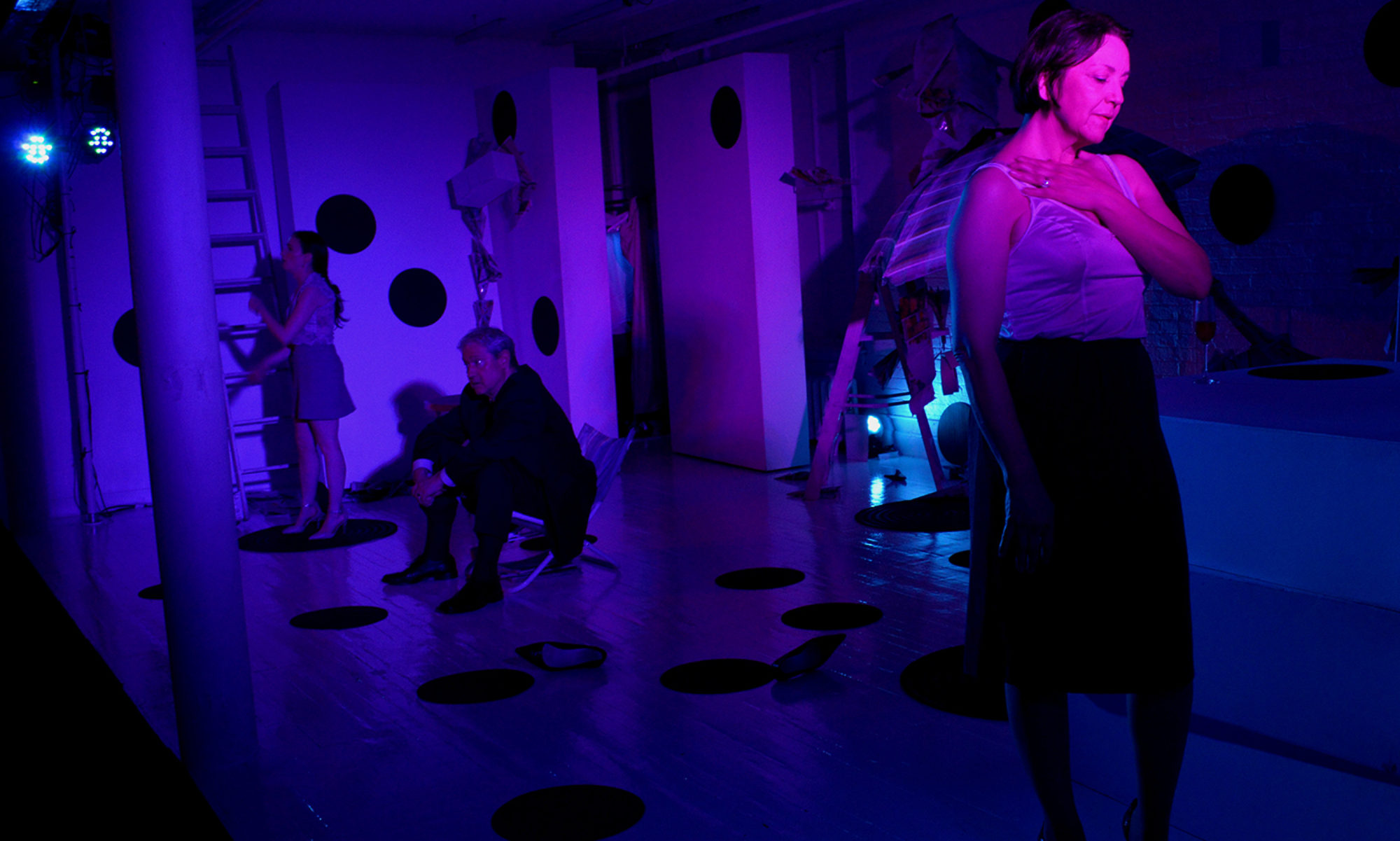Talked to Matt Bray, AD of Praxis… he’s amped about this blog; so it’s all set… I’ll report on the output of the process, sometimes in a rather raw state, other times more associatively.
I plan to bring in a set of big index cards to all the meetings, possibly starting with the first if the time is right; each card has no more than 25 or so words about the ideas that have come out of the research. A picture already on the background of each card represents Shared Idea. If things ever get static and need livening up, I’ll pull out a card at random and if I’ve done a decent job on the first set, it should do some good. If there’s a flop, we have to agree to put it BACK into the pile to be drawn later. So we only dispose of an idea card once we are done.
I plan to open the process of generating these cards to the whole group as soon as possible. People can email me ideas and I will put them on cards, the same as the first ones I generated, and we will draw them at random when we need.
Maybe also take a quick vote (we have to get good at quick votes) to determine when a card should be considered completed. But I think perhaps these cards will never be completed; if we get a card again, it’s time to see what that card has to say to us again. If that idea doesn’t pan out, we’ll abandon it.
The cards:
• If someone were to say “MacBeth,” what would be kept from that, and what taken out?
• Do Banquo & Lady MacBeth represent the two sides of evil’s intimacy?
• True or False: A story published Sept 8, 2001 (NY Times website) with a CIA warning to overseas US interests did not mention the domestic US. The story is removed from the Times website on 9/12.
• True or false: The famous flag raising on Iwo Jima photo was staged.
• True or False: Video cameras watch you shop, drive, enter or leave an office building, train or bus station, or airport.
• Every word you say over any electronically transmissible medium is recorded & analyzed for key words like: terrorist. bomb. shoot. protest. congress. president.
• What if SS/Stasi/KGB/MI6/OSS/CIA operatives were really the Oracle of Delphi?
• A CIA operative’s life is 99% banal routine
• The Elizabethan worldview… through new eyes, but still influenced by the Middle Ages’ spiritual aspiration and physical corruption.
• The Body Politick – the human body as the state and vice versa
• Ann Coulter/Camille Paglia; the sexually and politically active woman, liberal or – even more interesting – conservative.
• Eventually there will be an incident that will compel us to vote the Constitution out.
• The gradual erosion of meaning destroys our ability to care, and thus to oppose.
• Elements of what Greil Marcus calls “The Old, Weird America”
• Aerial slides of military sites, taken from satellite photos.
• The Quality in Education Act disembowels public school budgets. The Clean Air Act allows increased air pollution. The Patriot Act removes our freedom. Name two other possible Acts.

